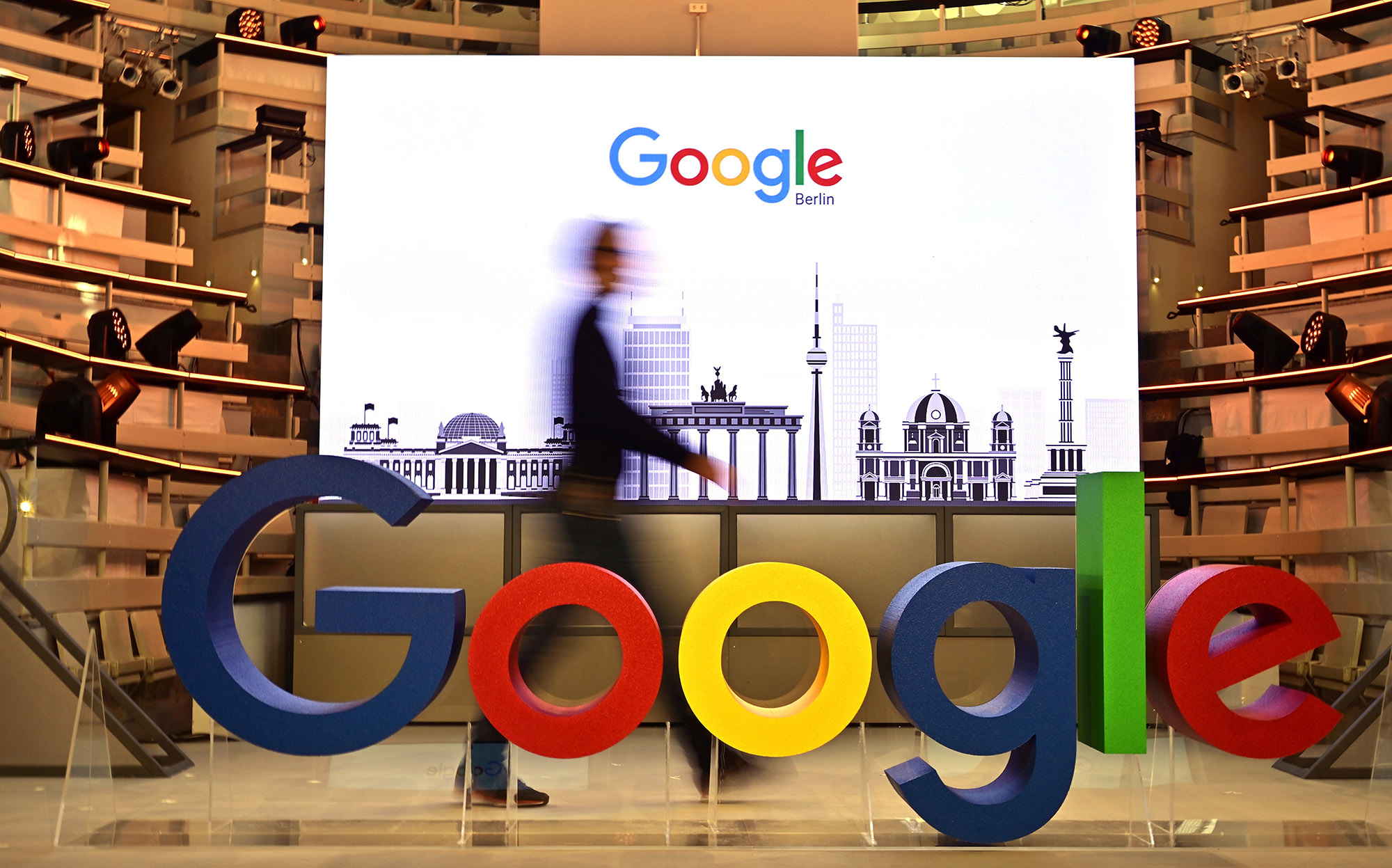
Google is now facing another antitrust lawsuit, this time over its advertising technology, just one month after a judge ruled its search engine an illegal monopoly. The U.S. Department of Justice and a coalition of states have filed the lawsuit, accusing Google of monopolizing the technology used to connect online publishers with advertisers.
According to the lawsuit, Google controls both sides of the transaction — the buy side and the sell side — allowing it to collect up to 36 cents for every dollar spent in these exchanges. The government claims this dominance harms competition and negatively impacts publishers, who are left with less revenue, forcing them to implement more ads, erect paywalls, or even close their businesses.
Antitrust Trial Targets Google’s Ad Tech Operations
The trial, which began in Alexandria, Virginia, is expected to last several weeks. The Justice Department’s lawsuit focuses on Google’s ad tech business, specifically its AdSense and Google Ad Manager products, which the government says have given the company an unfair advantage in the online advertising market. Google’s control over these tools allows it to keep a significant portion of the revenue from ad transactions, the government contends.
The lawsuit also points to the decreasing revenue Google Networks, which includes these services, has experienced in recent years, with revenue dropping from $31.7 billion in 2021 to $31.3 billion in 2023. This decline, however, has not swayed the government’s argument that Google’s practices stifle competition and harm publishers.
Google Cites Market Shifts
Google, in its defense, argues that the lawsuit is based on outdated views of the internet, where desktop computers were the primary means of access. The company contends that the advertising landscape has significantly shifted in recent years, with advertisers increasingly turning to social media platforms like TikTok and streaming services such as Peacock to reach their target audiences.
According to Google, the government’s focus on display and banner ads viewed through desktop browsers misses the broader shift to mobile apps and social media, which have become dominant in online advertising.
In the company’s pretrial filings, Google’s lawyers argued that consumers’ attention has migrated from traditional websites to social media, videos, and apps, making the government’s case less relevant. They claim that the last time users spent more time accessing websites via desktop browsers than other platforms was in 2012.
Google also asserts that its integration of buy-side and sell-side technologies in the advertising process ensures faster ad loading times and better security, and that customers still have the option to work with other ad exchanges.
Government Maintains Google’s Practices Harm Publishers
The Justice Department, however, contends that Google’s control of both sides of the ad tech market leaves little room for competition, allowing it to charge excessive fees.
The government’s witnesses in the trial are expected to include executives from major publishing companies such as The New York Times Co. and Gannett, who are set to testify about the harm they believe Google’s practices have inflicted on the industry. The government argues that as publishers face reduced revenue from their ad sales, they are forced to find other ways to maintain profitability, such as increasing the number of ads on their websites, moving content behind paywalls, or ceasing operations altogether.
The trial comes on the heels of a significant legal defeat for Google concerning its search engine. In that case, a judge in Washington, D.C., ruled that Google had maintained its search engine monopoly in part by paying companies like Apple billions of dollars to ensure Google remains the default search engine on devices like iPhones.
While the judge has not yet imposed any remedies in that case, and the government has yet to propose sanctions, there is speculation about whether Google will be allowed to continue making these exclusivity deals that lock in its search engine as the default option for consumers.
What’s at Stake for Google in this Trial
Some experts believe that the current ad tech case could pose an even greater threat to Google than the search engine ruling. Peter Cohan, a professor of management practice at Babson College, suggests that a potential remedy in this case could involve forcing Google to sell parts of its advertising technology business, which generates billions of dollars in revenue annually. Cohan remarked that such divestitures could have a significant impact on the company, as the remedy could go beyond what is immediately apparent.
Google disputes the notion that it charges excessive fees, claiming that its fees are in line with competitors and that its platform offers a streamlined process that benefits advertisers and publishers alike. However, the government remains focused on what it describes as Google’s extraordinary fees, which it claims were extracted at the expense of website publishers that help make the open internet vibrant and valuable.
The trial, which is taking place in a courthouse known for its traditional procedures, includes limitations on technology use, frustrating both lawyers and reporters. For example, cell phones are banned from the courthouse, in contrast to the District of Columbia trial where journalists tweeted live updates from inside the courtroom.
Featured Image courtesy of TOBIAS SCHWARZ/AFP via Getty Images
Follow us for more tech news updates.
